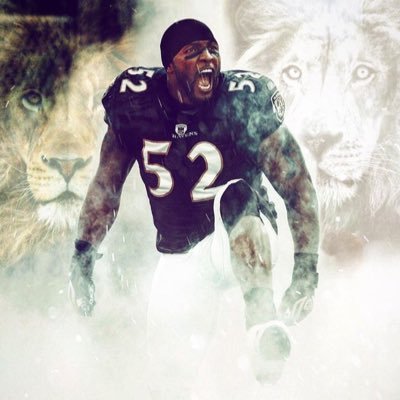ESPN/Ray Lewis
“In film studies and media studies alike, affect theory’s approach to the body as medium interprets bodily gestures, faces, and modes of bodily comportment for nonverbal makings of affective states of being, a physiognomic practice of reading the body, and particularly the face.”
ESPN is one the most rationally and gender sensitive networks. They are very specific with regards to who appears on air and for what purpose. For example, if there is a racially sensitive issue, they are known for lining up two prominent figures, usually of different race and viewpoints, and having them debate on live television. Stephen A. Smith is an outspoken, intelligent, and extremely passionate black sports analysis, who is one of the best and most popular in the broadcasting business. Whenever there is an issue about race in sports, he is always the first one that ESPN wants to give an opinion, almost to represent the company as a whole. A great example of this would be from this past NFL season, where the players were taking a knee during the national anthem to protest a wide variety of complaints, most notably the actions of President Donald Trump. ESPN was all over this story from the start, and did an excellent job covering it for the next couple of months. However, ESPN lined up Will Cain, a known white analyst, who has very conservative viewpoints, to counter argue Smith. In short, Cain hated the players for kneeling, while Smith was not opposed to it for the most part. How does this relate to the reading and the quote? For starters, this example relates to interpreting a viewpoint before listening to what the men had to say, simply based off of appearance. Similarly to the video we watched in class, most would assume that the man with the deep voice was straight, while the man that had a feminine and high-pitched voice was gay. However, the video showed that this was not actually the case, as the man with the high-pitched voice was actually straight, while the man with the deep voice was in fact gay. After watching the video in class, I wanted to give an example of both sides. The ESPN example aligns well with the above quote, as the black analyst, as most would assume, supported the kneeling protest, while the white analyst did not. However, upon further research, I found that Hall of Fame linebacker Ray Lewis, was strongly against kneeling due to a strong rooted family military background. He is black, and was often outspoken about racial issues during his playing days, which is why this is a great example that counter argues the above quote. Most would assume that Lewis would support the players that took a knee, however, he did not, and as a result this shows that people need to be careful generalizing/assuming another person’s stance before actually hearing it from them directly, as this can have a negative affect on both parties involved.
